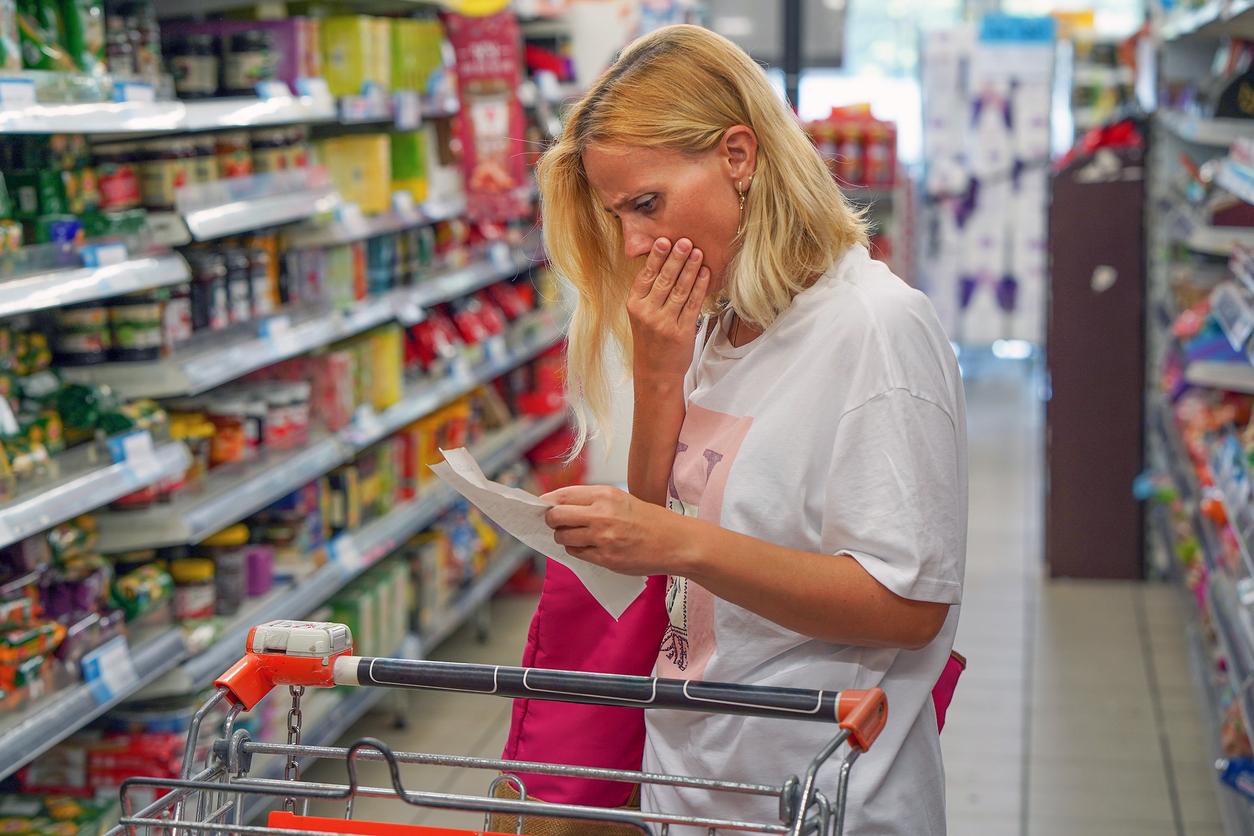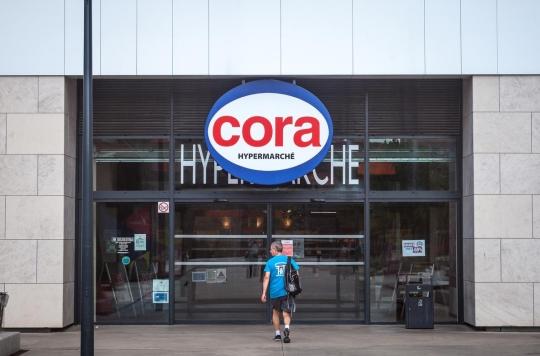
Faced with the rise in the price of gasoline and diesel, the government has not chosen a reduction in taxes or a fuel check. Jean Castex finally announced an inflation allowance of 100 € for all those who earn less than 2000 € per month, even if they do not have a car.
How to react to a spectacular increase in fuel prices? Since the Yellow Vest crisis at the end of 2019, Emmanuel Macron knows well that the subject is explosive. The government therefore took its time before making a decision, to try to find the best solution. And finally, the tracks mentioned in recent days have been partially swept away. Rather than a “fuel check”, which seemed to hold the rope, Prime Minister Jean Castex announced an unprecedented “inflation allowance” of 100 € in the 20 Heures television news, on TF1. A choice he justified by asserting that “The issue of inflation does not only concern petroleum products, our approach is a little broader than that linked strictly to gasoline”.
Only one condition: earn less than € 2,000 per month

One of the objectives announced was also to avoid a new “gas plant”, as can be the conversion bonus, for example. To take advantage of the 100 € promised, it will be necessary to respect only one criterion: to have incomes lower than 2000 € per month. A sum neither too high nor too low, which aims to also help the middle classes without giving the impression of giving gifts to the richest. In addition, it will not be necessary to build a file to benefit from this assistance. It will be paid automatically on the December salary, for those working in the private sector, in January for those in the public service, or a little later still for retirees. There is also no need to prove that you own a car, and this “inflation allowance” could very well be paid to two people from the same household if they both earn less than € 2,000 per month. Jean Castex estimates that 38 million French people will benefit from it.
A tax cut quickly ruled out

Defended as well by the association 40 Millions of motorists as by certain networks of large distribution, the idea of a temporary reduction of the taxes on the fuel was as for it promptly swept aside. The Prime Minister ruled that it would not be visible enough if the rise in fuels continues, recalling the episode of the floating TIPP applied between 2000 and 2002 “Which, in the general opinion, has not worked. “ Jean Castex also criticized this solution for not making a distinction based on income. Finally, for him, she had another major flaw:“This would not have been very consistent with our longer term policy, which is to make us less dependent on these so-called fossil energy sources, which are also not good for the planet.“ But the amount of € 100 of this inflation compensation remains strongly linked to the price of gasoline and diesel despite everything. According to the government, with French people traveling 14,000 km per year on average and prices at the pump which have increased by 9 cents per liter since the start of the year, the loss of purchasing power would be limited to € 80 in 2021. A calculation that can obviously be contested by all those who ride much more than that. As for the financing of this new aid, it will be partly ensured by the additional VAT receipts which is currently generated by the high prices of fuel.
TO READ. Fuel prices: what solutions to pay less?

















